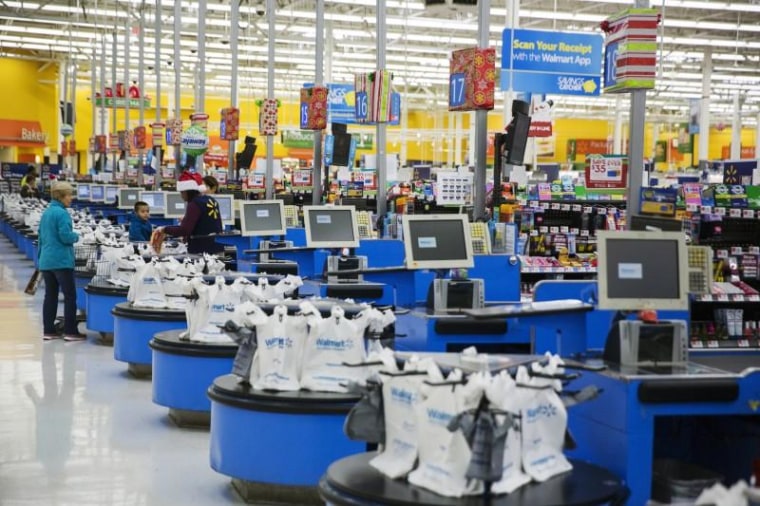The death of retail is about to become a mass grave.
A new study finds that robots could destroy up to 7.5 million jobs over the next 10 years. That could be a bigger hit for the retail industry than when automation came for manufacturing jobs.
Retail has already suffered massive hits as its overbuilding bubble bursts and shoppers increasingly skip the mall for shopping online.
Just this weekend Sears said it was closing an additional 30 stores this spring on top of those already announced, bringing the total to almost 200.
Related: With Macy’s, Sears, Kohl’s Sliding, Can Mom and Pops Survive?
But that retail downsizing trend is about to go full turbo. Robots will replace workers outright in certain jobs, according to the report, or make workers so efficient you don't need as many of them.
"Cashiers are considered one of the most easily automatable jobs in the economy," noted Cornerstone Capital Group, the financial services firm that conducted the study.
Many sales job are also up for the digital axe. More customers will make use of in-store smartphones and computer kiosks, reducing the need for as many salespeople on the floor.
While robots won't be stocking retail store shelves any time soon, improvements in computerized inventory control means you won't need as many bodies to do it. Then there's the robot shopping carts that can return themselves.
Related: Do Shoppers Still Prefer Brick and Mortar Stores?
And, although successful demands for higher wages may have improved the lives of the workers they lifted up, higher pay can be a double-edged sword. With margins squeezed, retailers already under pressure will look even harder for ways to save.
"Companies which use technology to support their workers are likely to benefit from long-term productivity gains," said the report. "However, technology also has the potential to automate part of the sales process and render a range of jobs redundant."
While old industries are always being killed off and new ones created, the pace at which workers are being asked to learn new skills and new jobs is happening faster than it ever has in human history.
Can society and government keep up with the bots?

